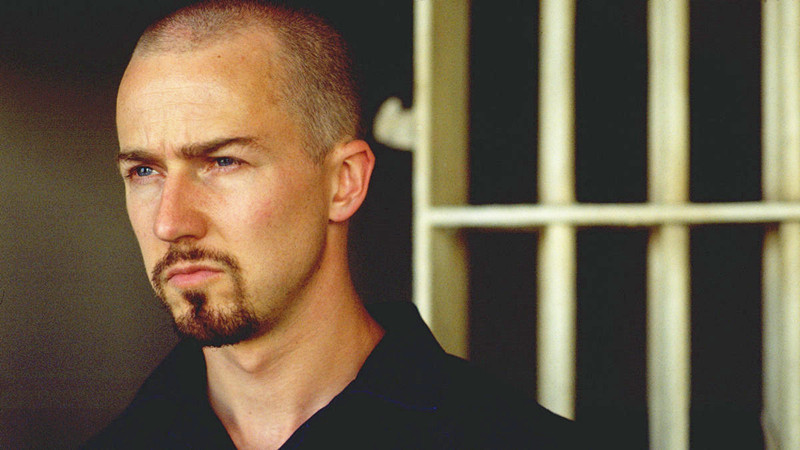
With the Academy Awards, it’s an old adage that it’s an honor just to be nominated. And that’s true: out of the scores of films produced and released this year, only a few receive the honor of an Oscar nomination. But even the winners of these awards can be debatable; more so are the losers, whose work was perhaps, in hindsight, more deserving of the award than the films and performances that bested them.
With the Academy Awards coming up soon, let’s look back at some of the more significant performances for Best Actor that failed to win against their competition that year, along with said competitors whose work had bested these great performances.
While many of these actors have previously won or had gone on to win Best Actor, and with some of them who never got the opportunity again, these are singular and outstanding performances that nearly won Oscar gold only to fall short just at the finish line.
1. Jack Nicholson – Chinatown
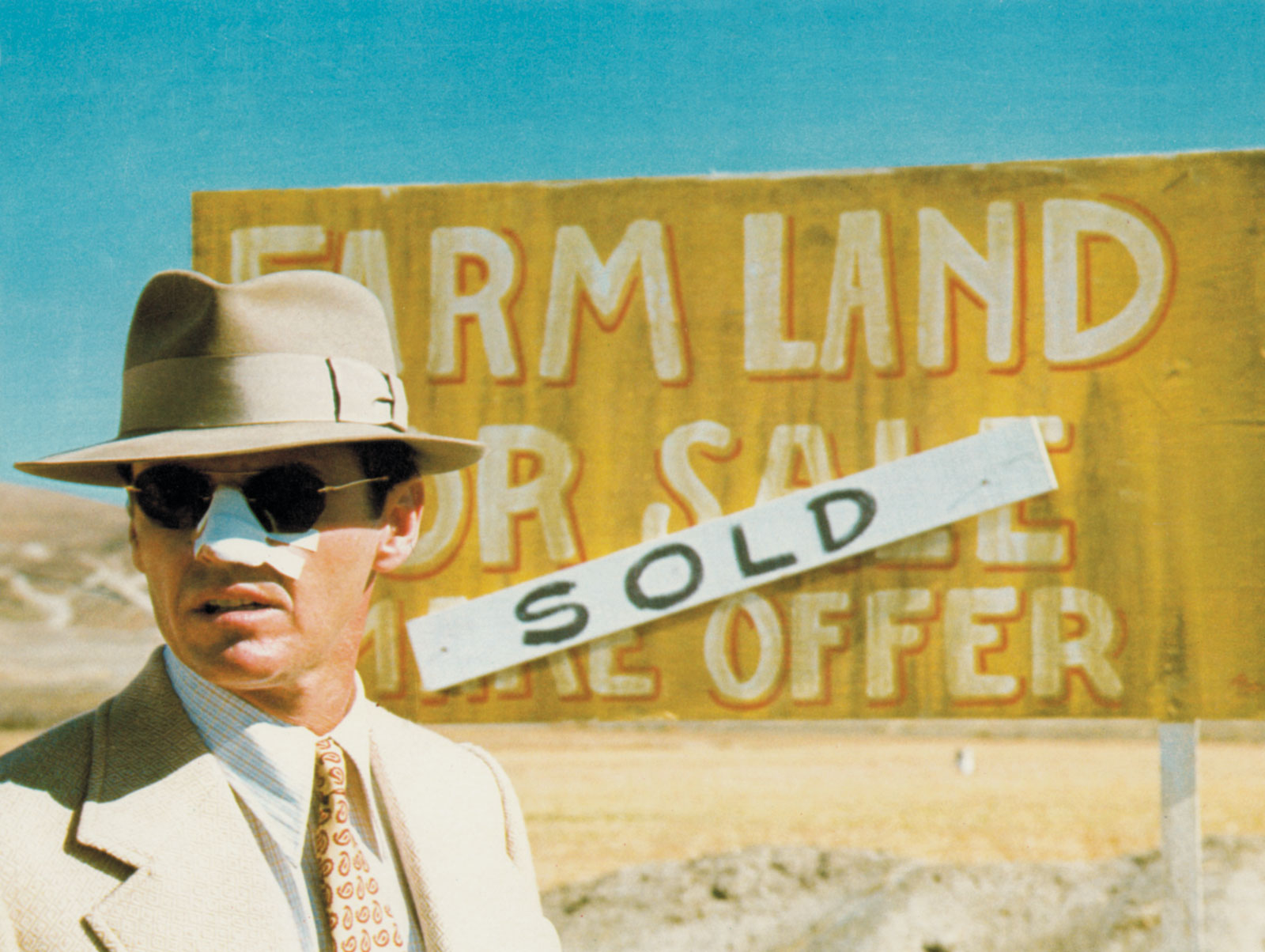
The early 1970s was a boom time for Jack Nicholson: his breakthrough performance in 1969’s Easy Rider (which earned him a Best Supporting Actor nomination) led to leading roles in some of that decade’s finest films. Already having been nominated–and lost–Best Actor twice before, Nicholson was nominated again for his lead role as hardboiled gumshoe Jake Gittes in Roman Polanski’s impeccable neo-noir film Chinatown.
Nominated for 11 Academy Awards total at the 47th Academy Awards, Chinatown was up against some tough competition, including The Godfather, Part II (which won Best Picture and Best Director), and Nicholson faced off against Al Pacino and Dustin Hoffman in his category. But none of these three acclaimed actors won that night.
In one of the biggest upsets in Academy history, Art Carney–best known for his work as Ralph Kramden’s goofy neighbor Ed Norton in the 1950s sitcom The Honeymooners–won Best Actor. The film Carney won for, following the adventures of an elderly man and his cat as they travel cross-country, is scarcely remembered today for more than its surprise win at the Oscars.
While Nicholson’s pitch-perfect performance in Chinatown was passed over by Academy voters that year, he would get yet another chance the following year when he was nominated for–and won–Best Actor for One Flew Over The Cuckoo’s Nest.
2. Richard Burton – Equus
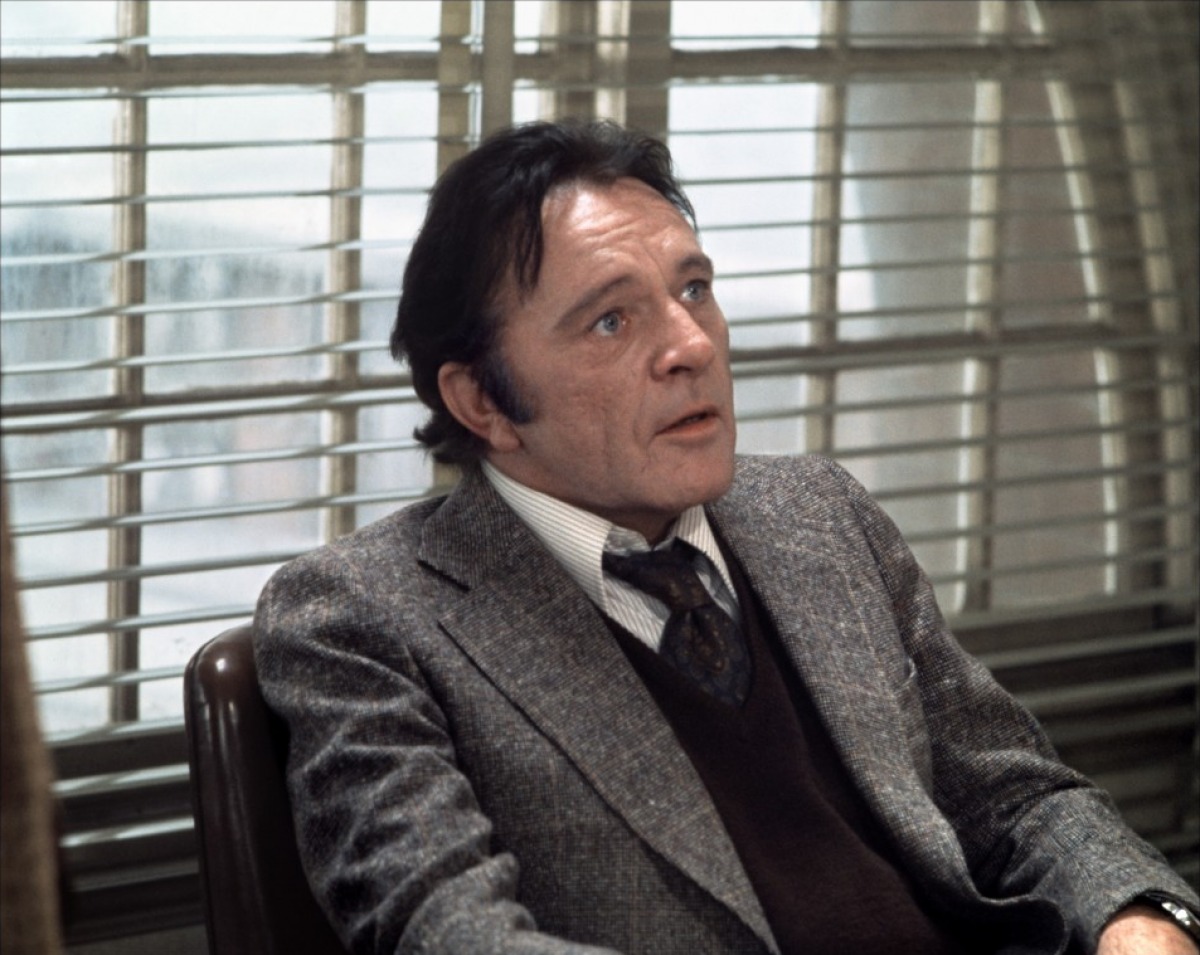
Richard Burton was once a towering figure among actors, having been hailed as one of the finest Shakespearean actors of the 20th century. From the early 1950s onwards, it seemed Burton was well on his way to a successful acting career in Hollywood. However, his alcoholism had damage his career and his much-publicized rocky relationship with Elizabeth Taylor made him a tabloid fixture in the 1960s; by the 1970s he was seen as yet another has-been.
Although devalued to the point where he started appearing in mediocre fare strictly for the money, Burton’s work in 1977’s Equus garnered his first positive reviews in a decade and earned him a nomination for Best Actor.
Although only 51 at the time of his nomination, Burton was in poor health due to years of alcohol abuse; besides thinking this would be his last chance to win an Oscar, many also thought he was due to win since he had been nominated six times previously with no wins.
Besides, it was a weak year in the Best Actor category, with Woody Allen nominated for Annie Hall and John Travolta for Saturday Night Fever. But when the category came up, it was Richard Dreyfuss–then the youngest Best Actor winner in Awards history–who won for The Goodbye Girl. Burton would continue to work up to his death in 1984 from a stroke but never again be nominated for the award that at one point seemed he seemed destined to one day win.
3. Denzel Washington – Malcolm X
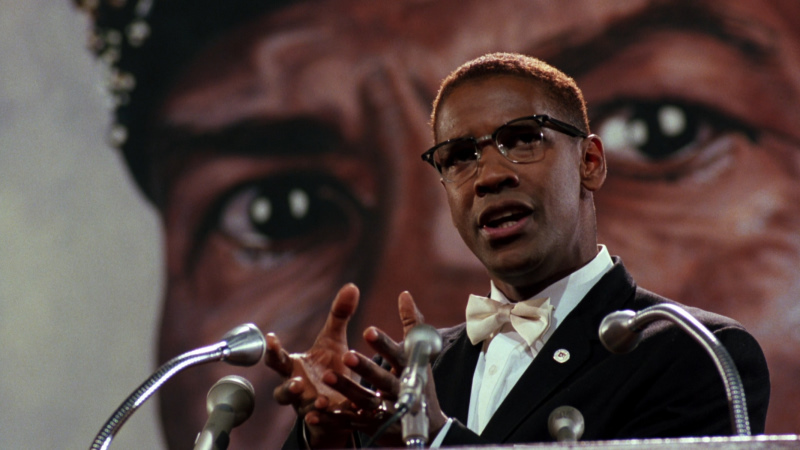
One of the more reliable roles to take to secure an Oscar nomination is portraying a real-life figure. From Edith Piaf to Truman Capote to Abraham Lincoln, Awards history is populated by Best Actor winners for biographical roles.
So when Denzel Washington was nominated for his lauded performance as the influential and revolutionary leader Malcolm X, his nomination wasn’t a surprise. In fact, the lack of recognition the film garnered from the Academy that year was controversial, considering it was only nominated for two Awards that year, with Spike Lee not being nominated for Best Director or the film for Best Picture.
At least it was being recognized for Washington’s strong performance as Malcolm X, who was viewed as a favorite to win that year. Instead, Al Pacino’s over-the-top, catchphrase-spewing turn as a blind veteran in the forgettable Scent of a Woman won.
Spike Lee voiced his disapproval of Washington’s loss while Roger Ebert and Martin Scorsese would include it on their lists of the ten best films of the 1990s. Washington would eventually win Best Actor for 2001’s Training Day, becoming only the second African-American to win the award–an achievement that would have been perhaps even more significant had he won for portraying an influential African-American activist a decade earlier.
4. Edward Norton – American History X
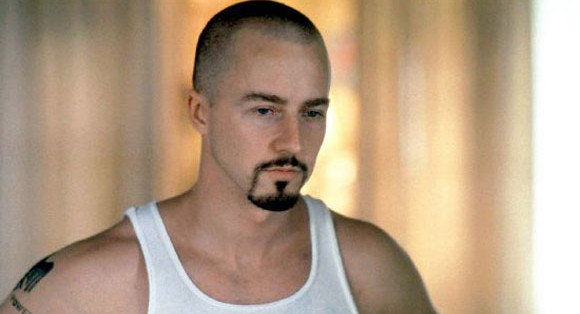
On the other end of the spectrum of race relations in America, Edward Norton scored a nomination for his intense role as a neo-Nazi who finds redemption in prison; after his parole, he tries to influence his younger brother to avoid going down the same path. Norton’s performance was especially praised by critics and considered the front-runner for Best Actor.
Indeed, Norton was nominated, and his toughest competition that year was Tom Hanks for his performance in Saving Private Ryan. But in a year of upsets (this was the same year Shakespeare In Love controversially won Best Picture), it was neither Norton nor Hanks who won the Oscar but Roberto Benigni for the maudlin Life Is Beautiful.
While Edward Norton would go on to turn in a number of fine performances after his loss, from his unhinged turn in Fight Club to playing a prima donna actor in Birdman (for which he was nominated for Best Supporting Actor, which he also lost), Norton has yet to be nominated for another Best Actor Oscar. Meanwhile, his performance in American History X remains a career highlight for the actor, well-remembered in film history–if not by the Academy.
5. Geoffrey Rush – Quills
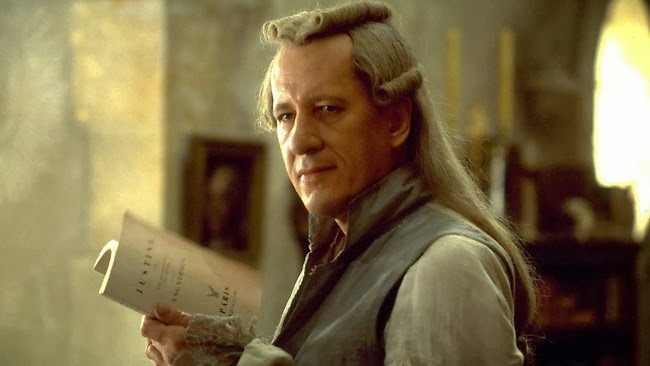
Geoffrey Rush was a late bloomer as an actor: aside from small roles in various films and working in theater productions throughout the 1980s and 1990s, Rush experienced a career breakthrough in 1996’s Shine.
In this biographical film, Rush played pianist David Helfgott, which details the musician’s mental breakdown and struggle to return to performance afterwards. His highly stylized performance in the film garnered high praise from critics, bringing the previously unknown Rush to prominence. At that year’s Academy Awards, Rush won Best Actor and his acting career finally took off.
Four years later, Rush portrayed another real-life figure, but a much more controversial one: the Marquis De Sade in the film Quills. The infamous (How infamous? The word sadism is derived from his name) politician and aristocrat was imprisoned for much of his life, where he wrote and published disturbing erotica, was a controversial figure to base a film around.
The film is a dark look at life in a mental institution during the 18th century, with De Sade portrayed with demented intensity by Rush. When Awards season came, it was nominated for three Awards–for Art Direction, Costume Design, and with Geoffrey Rush for Best Actor.
The category that year was filled with some strong competition, with Oscar mainstay Tom Hanks nominated for Cast Away and Javier Bardem for Before Night Falls. But none of the favored nominees walked away with Best Actor; instead, but Russell Crowe win for his standard performance in Gladiator (which also won Best Picture that year). Which is unfortunate, since out of all the nominated performances in the category that, Rush as the twisted Marquis De Sade was the most committed and memorable.